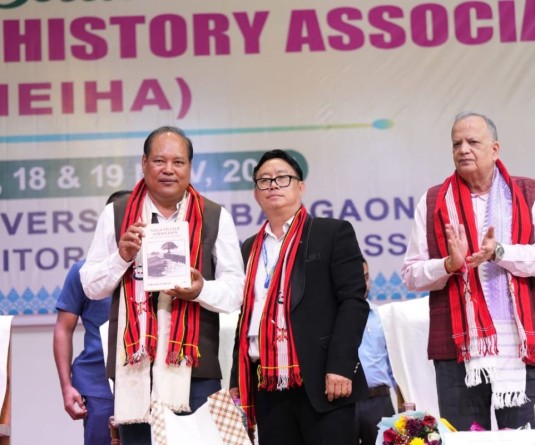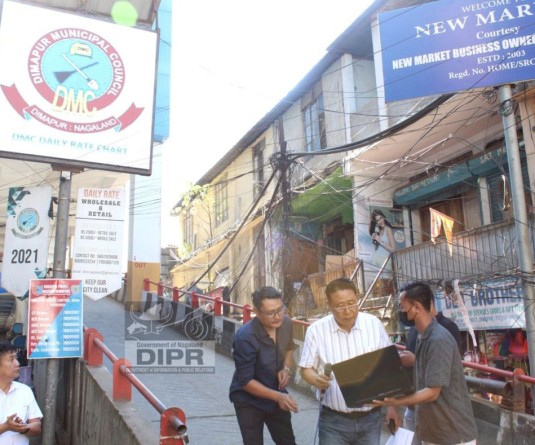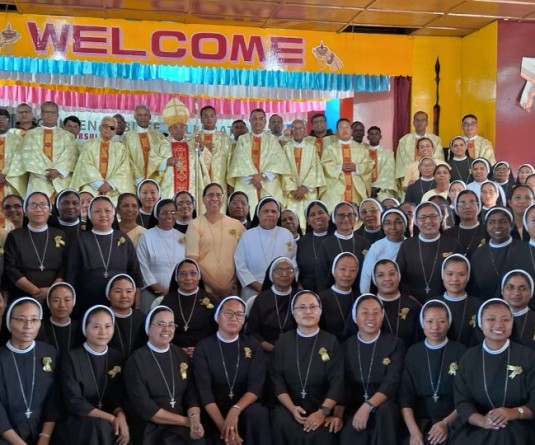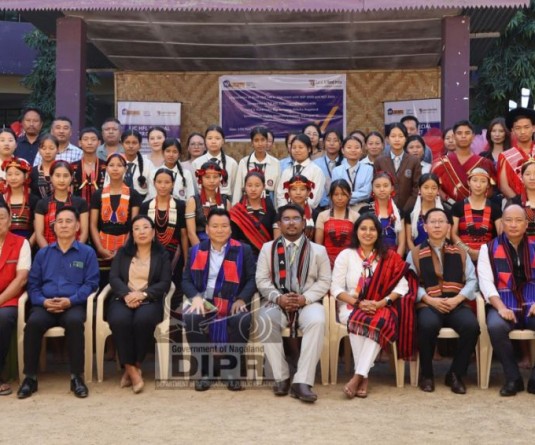A discussion on “Reimagining Human Rights from a Global South Perspective” was organised by OCRPL in collaboration with NECU, Dimapur on November 6 last.

Dimapur, November 17 (MExN): A discussion on “Reimagining Human Rights from a Global South Perspective” was organised by the Oxford Centre for Religion and Public Life (OCRPL) in collaboration with the North East Christian University (NECU), Dimapur on November 6 last.
The event commenced with a welcome note and prayer by Rev Dr Narola Imchen, Director of the Centre for Advanced Religious Studies (CARS). Dr A S Pillarson, Assistant Professor at CARS/OCRPL, introduced the topic to set the stage for the discussion, stated a press release.
The keynote panelist, Rev Dr Daniel Thejus, Executive Head - Academics and Operations at OCRPL, UK, initiated the discourse by highlighting the exclusion of Global South perspectives in mainstream human rights dialogues.
He posed critical questions for the audience, including, “What will Human Rights look like if Global South Countries were part of the stakeholders?” and “How will Justice, Liberty, equality, dignity, and brotherhood be defined in the context of the Global South?”
Rev Dr Thejus structured his address around three primary arguments.
First, on the history of Human Rights, he noted that while the 1948 Universal Declaration of Human Rights (UDHR) was a milestone, its drafting was dominated by Western nations, leading to a framework that was “heavily biased towards the West.” He pointed out that these Western-centric values were subsequently imposed on and adopted by Global South countries.
Second, on the concept of Universal Human Rights, the panelist argued that post-enlightenment Western philosophy, which prioritised reason and individualism over faith and community, was problematically universalised. He stressed that in the Global South, an “individual’s identity was etched in Community,” making the imposition of philosophies like Immanuel Kant's categorical imperative unsuitable. Quoting economist Amartya Sen, he reinforced that human rights protection goes beyond mere legislation.
Third, he presented Human Rights as a means of control, stating that they have been used as “a polite way of controlling the Global South.” He accused the West of continuing to exert control by exploiting the resources, values, and identities of Southern nations.
In his key takeaways, Rev Dr Thejus advocated for a pluralized understanding of universal laws, making them context-specific without descending into moral relativism. He recommended “Dialogue Hermeneutics” as a way forward, an approach that emphasises interpretation through conversation to foster mutual understanding and co-create meaning.
The session was followed by discussion with the audience.






